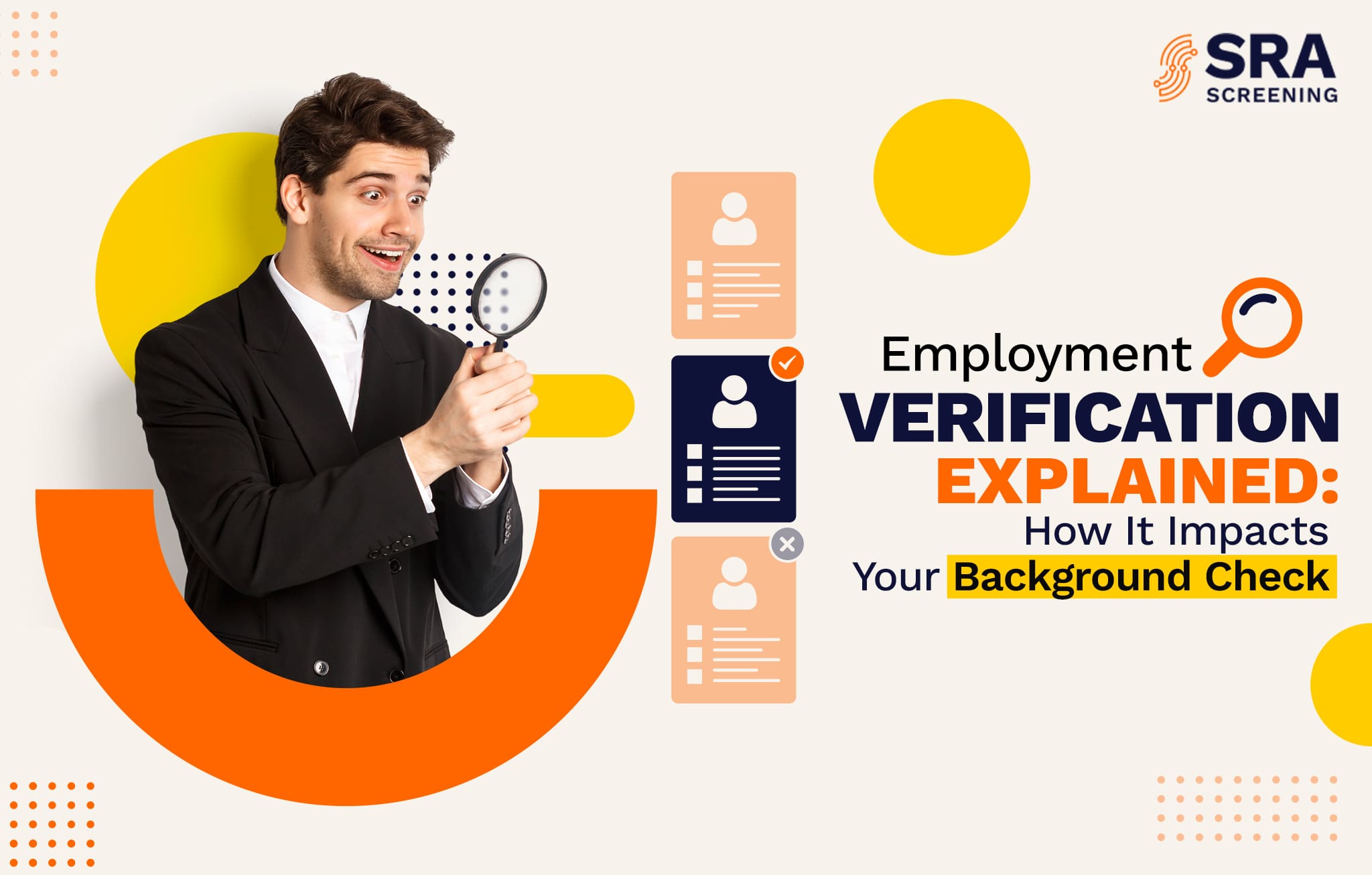
When applying for a new job, your employment history is one of the key pieces of information an employer uses to evaluate your qualifications and reliability. Most companies conduct some form of background check — and employment verification is typically part of that process. But what exactly do employers look for, and what should you expect?
Employment verification is the process of confirming a candidate’s work history. It allows employers to validate the details you’ve listed on your resume or application, such as:
This check helps employers verify that you have the experience you claim and that your employment timeline is consistent and accurate.
Employers typically use one or more of the following methods to verify employment:
HR departments or background screening agencies may contact your previous employers by phone or email to confirm your job title, dates of employment, and other permissible information.
Many companies partner with background screening providers to conduct thorough checks that may include employment, education, and criminal history.
Some employers use centralized employment databases which store payroll and employment information from participating employers.
An employment background check typically verifies the names of previous employers, job titles and roles you held, and dates of employment. It may also highlight significant gaps in work history and, when permitted, include the reason for termination or resignation from a position. However, not all employers disclose reasons for leaving due to legal or internal policies.
Employers conducting employment history checks are primarily interested in the following:
Falsifying your job history — even small discrepancies — can be a dealbreaker for many hiring managers.
List accurate job titles, correct dates, and truthful descriptions of your responsibilities.
Have offer letters, pay stubs, W-2s, or other proof of employment handy in case verification is difficult or an employer no longer exists.
Under the Fair Credit Reporting Act (FCRA), if a background check results in an adverse action (like rescinding a job offer), the employer must notify you and provide a copy of the report.
If asked, provide references who can speak positively about your performance and confirm your employment.
Gaps aren’t always a dealbreaker but be prepared to explain them honestly — whether due to education, caregiving, travel, or career change.
Employment verification is a routine part of background checks and plays a vital role in building trust between you and a potential employer. The best way to prepare is to ensure your resume accurately reflects your actual work history and to keep relevant records organized. A transparent and truthful approach can help you stand out — and avoid complications — during the hiring process.
DISCLAIMER: This blog post is for informational purposes only and is not legal advice. Please consult a qualified professional before making any decisions.
The FCRA is enforced federally, but states may also enforce it and have their own consumer reporting laws. You may have additional rights under state law. For more information, contact your state or local consumer protection agency or your state attorney general.
When a workplace accident occurs, employers must quickly address a range of
When a workplace accident occurs, employers must quickly address a range of
Get updates, exclusive offers, and insights straight to your inbox.
Key Resource Hub
Your Questions Answered
Editorial team insights